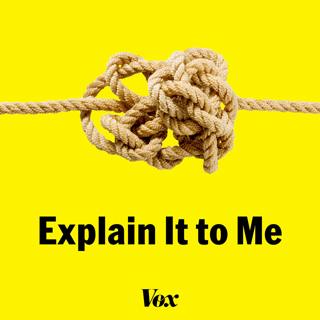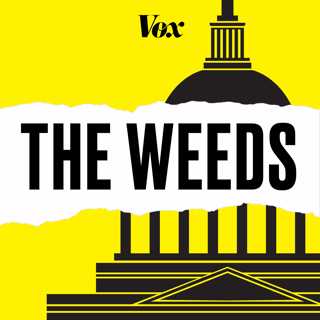
Why do I say “like” so much?
Much to the chagrin of English teachers everywhere, people use the word “like”…a lot. Listener Allison calls the hotline to ask why we talk the way that we do and if she can change her own speech. Hos...
25 Sep 202444min

Is my dentist scamming me?
Matt wants to know how to tell if he’s being scammed by his dentist. To find the answer, we open up the surprising history of dentistry, ask why it seems so different from internal medicine, and drill...
18 Sep 202442min

Introducing Explain It to Me
Life is complicated, and here at Vox, we love to explain it. Enter Explain It to Me: your go-to hotline for all the questions you can’t quite answer on your own. Give us a call, and we’ll do all the h...
8 Sep 20242min

Our next chapter
We have some exciting news to share: There are some big changes coming to this feed, and we need your help with them! The Weeds as you know it is ending, but we’ll be back this fall with the same cr...
30 Maj 20242min

How we Got Milk
If you went to public school in America, you most likely got a serving of milk with your lunch. The National School Lunch Program has been in operation for decades, serving tens of millions of school-...
29 Maj 202441min

Those pesky delivery fees
Pretty much everyone is unhappy with food delivery these days. Prices are rising for customers; workers are barely making minimum wage; and restaurants feel gauged by delivery apps. Today on The Weeds...
22 Maj 202440min

Panic! At The Drugstore
Do you think crime is on the rise? You aren’t the only one. According to Gallup, over 75 percent of Americans think crime is up from last year. The crime rate, though, has actually been falling. So wh...
15 Maj 202441min

A new era of cannabis research
Last week, the US Drug Enforcement Administration announced a move to reclassify marijuana as a Schedule III drug, after the Biden administration requested a review in late 2022. For decades, cannabis...
8 Maj 202438min






















